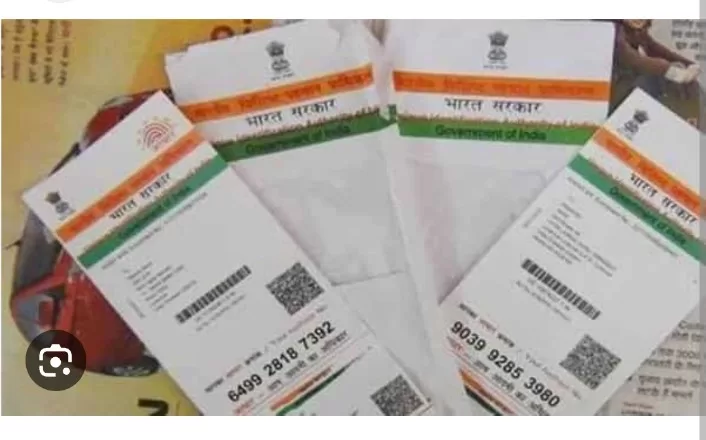New Delhi: Commencing on October 1, 2023, the Registration of Births and Deaths (Amendment) Act, 2023, will come into effect, transforming the birth certificate into a singular document serving multiple government purposes. This includes admission to educational institutions, acquiring a driving license, voter list inclusion, Aadhaar registration, marriage registration, government job applications, and other functions as directed by the central government.
The primary objective of this Act is to establish a comprehensive national and state-level database of registered births and deaths, aimed at enhancing the efficiency and transparency of public services and digital registration for social benefits.
The Union Ministry of Home Affairs made the official announcement through a notification released on Wednesday, which stated, “In exercise of the powers conferred by sub-section (2) of section 1 of the Registration of Births and Deaths (Amendment) Act, 2023 (20 of 2023), the Central Government hereby appoints the 1st day of October 2023, as the date on which the provisions of the said Act shall come into force.”
The initiative to amend the 1969 Act, known as the Registration of Births and Deaths (Amendment) Bill 2023, was spearheaded by Union Minister of State for Home Affairs, Nityanand Rai. During the Monsoon Session, both the Rajya Sabha and Lok Sabha passed this bill. While the Rajya Sabha approved the bill through a voice vote, the Lok Sabha passed it on August 1, 2023.
Under this Act, the Registrar General of India will be entrusted with maintaining a national database of registered births and deaths. Chief Registrars (appointed by states) and Registrars (appointed by states for local areas) will be responsible for sharing birth and death data with the national database. Each state is also mandated to maintain a similar database at the state level.
Previously, only specific individuals were required to report births and deaths to the Registrar. However, the Act now mandates that, in cases of births, these specified individuals must also provide the Aadhaar numbers of the parents and the informant. This requirement extends to the jailor in the case of births in a prison and the manager of a hotel or lodge in cases of births occurring in such establishments.
Moreover, the Act broadens the list of specified persons to encompass adoptive parents for non-institutional adoptions, biological parents for births through surrogacy, and the single parent or unwed mother in the case of a child’s birth.
The new legislation also provides a mechanism for individuals to appeal against any action or order issued by the Registrar or District Registrar. Such appeals must be submitted within 30 days of receiving the action or order, with the District Registrar or Chief Registrar required to provide their decision within 90 days of receiving the appeal.
In a significant development, the Act permits the sharing of the national database with other authorities responsible for maintaining different databases, such as population registers, electoral rolls, ration card records, and other national databases as notified. However, any utilization of the national database necessitates approval from the central government.
Similarly, state databases can be shared with authorities responsible for maintaining other state-level databases, subject to the respective state governments’ approval. This comprehensive amendment aims to simplify bureaucratic processes and enhance government service delivery.







